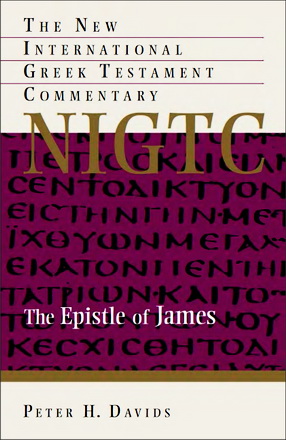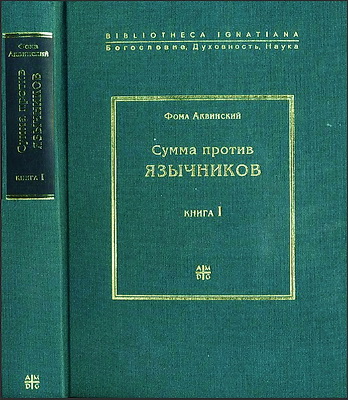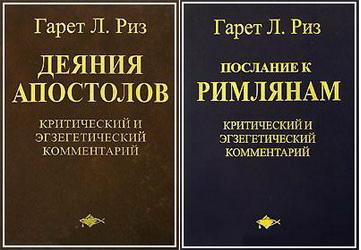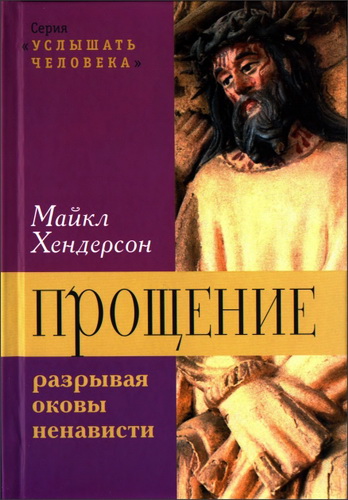
Davids - The Epistle of James
The New International Greek Testament Commentary
While there have been many series of commentaries on the English text of the New Testament in recent years, it is a long time since any attempt has been made to cater particularly to the needs of students of the Greek text. It is true that at the present time there is something of a decline in the study of Greek in many traditional theological institutions, but there has been a welcome growth in the study of the New Testament in its original language in the newer evangelical schools, especially in North America and the Third World. It is hoped that The New International Greek Testament Commentary will demonstrate the value of studying the Greek New Testament and help towards the revival of such study.
Peter H. Davids - The Epistle of James - A Commentary on the Greek Text
(The New International Greek Testament Commentary)
Wm. B. Eerdmans Publishing Co., Grand Rapids, MI, 1982 - 226 pp.
ISBN 0-8028-2388-2
Peter H. Davids - The Epistle of James - A Commentary on the Greek Text - Contents
Foreword
Preface
Abbreviations and Bibliography
INTRODUCTION
- I. AUTHORSHIP AND DATE
- 1.The Major Historic Positions
- 2. Direct Claims
- 3. External Evidence
- 4. Internal Evidence
II. FORM AND STRUCTURE
III. A POSSIBLE SITZ IM LEBEN
IV. THEOLOGY
- 1. Suffering/Testing
- 2. Eschatology
- 3. Christology
- 4. Poverty-Piety
- 5. Law, Grace, and Faith
- 6. Wisdom
- 7. Prayer
V. LANGUAGE AND TEXT
- 1. Language and Style
- 2. Text
COMMENTARY
I. EPISTOLARY INTRODUCTION
II. OPENING STATEMENT
- 1. First Segment: Testing, Wisdom, Wealth
- 2. Second Segment: Testing, Speech, Generosity
III. THE EXCELLENCE OF POVERTY AND GENEROSITY
- 1. No Partiality Is Allowable
- 2. Generosity Is Necessary
IV THE DEMAND FOR PURE SPEECH
- 1. Pure Speech Has No Anger
- 2. Pure Speech Comes from Wisdom
- 3. Pure Prayer Is Without Anger/in Trust
- 4. Pure Speech Is Uncondemning
V.TESTING THROUGH WEALTH
- 1. The Test of Wealth
- 2. The Test by the Wealthy
VI. CLOSING STATEMENT
- 1. Endurance in the Test
- 2. Rejection of Oaths
- 3. Helping One Another through Prayer/Forgiveness
- 4. Closing Encouragement
INDEXES (Compiled by Peter Davids)
AUTHORS
SUBJECTS
GREEK WORDS DISCUSSED
ARAMAIC-HEBREW WORDS AND PHRASES
WORKS CITED
Peter H. Davids - The Epistle of James - A Commentary on the Greek Text - Law, Grace, and Faith
The law for James, then, is primarily ethical commandment. This fact naturally says nothing about the ceremonial practice of his community: it may or may not have practiced circumcision or taken part in other aspects of the Jewish cultus as far as the data available are concerned. It did accept the law as a normative guide for ethics, a position that Paul would not have found unacceptable in the proper context.
The comparison with Matthew, however, should not be pushed too far. The two are alike insofar as they are interested in moral norms and argue the continuing value of a properly interpreted law. But there is no evidence of any literary dependence between the two, and in three ways James is closer to Luke's sermon.
First, his vocabulary is similar. Of the words found only in James and the synoptic gospels in the NT, 22 are in common with Luke-Acts versus a total of 9 for the others. Thus about 70% of such words are in common with Luke-Acts, while only about 15% are in common with Matthew and about 15% with Mark. In itself this datum means only that James has a grasp of Greek similar to Luke's—only a few of the terms are theological ones (ακαταστασία, δέησις, ζήλος, ηδονή, θρησκεία, μοιχαλίδος, ποιητής, προσωπολημψία, ταπεινωσις, υπομονή)—but it is suggestive of a further relationship between the two traditions.
Second, there is a close similarity in their eschatology. Both see this age as one of conflict with Satan. Both see the real hope for the age in the future consummation of the kingdom. Both demand perseverance in the face of trial. The list could be continued, but the similarities are obvious.
Third, James's social outlook is close to Luke's. Only James and Luke in the whole NT contain curses on the rich. The material on wealth and its dangers and the call to give up all for the sake of the kingdom fill chapters in Luke (6, 12, 14, 16, 19). In James a similar view of wealth and poverty and a similar demand for charity appear in virtually every chapter. Both works are also concerned for communal solidarity rather than an individualistic piety (here Acts and James are similar). Again the list could be extended.





Комментарии (1 комментарий)
Скромный по объему, но очень хорощий комментарий, с к-го я начинал свои штудии по Иакову! Дэвидс - хороший автор, много написавший по Иакову. Обязателен к прочтению.